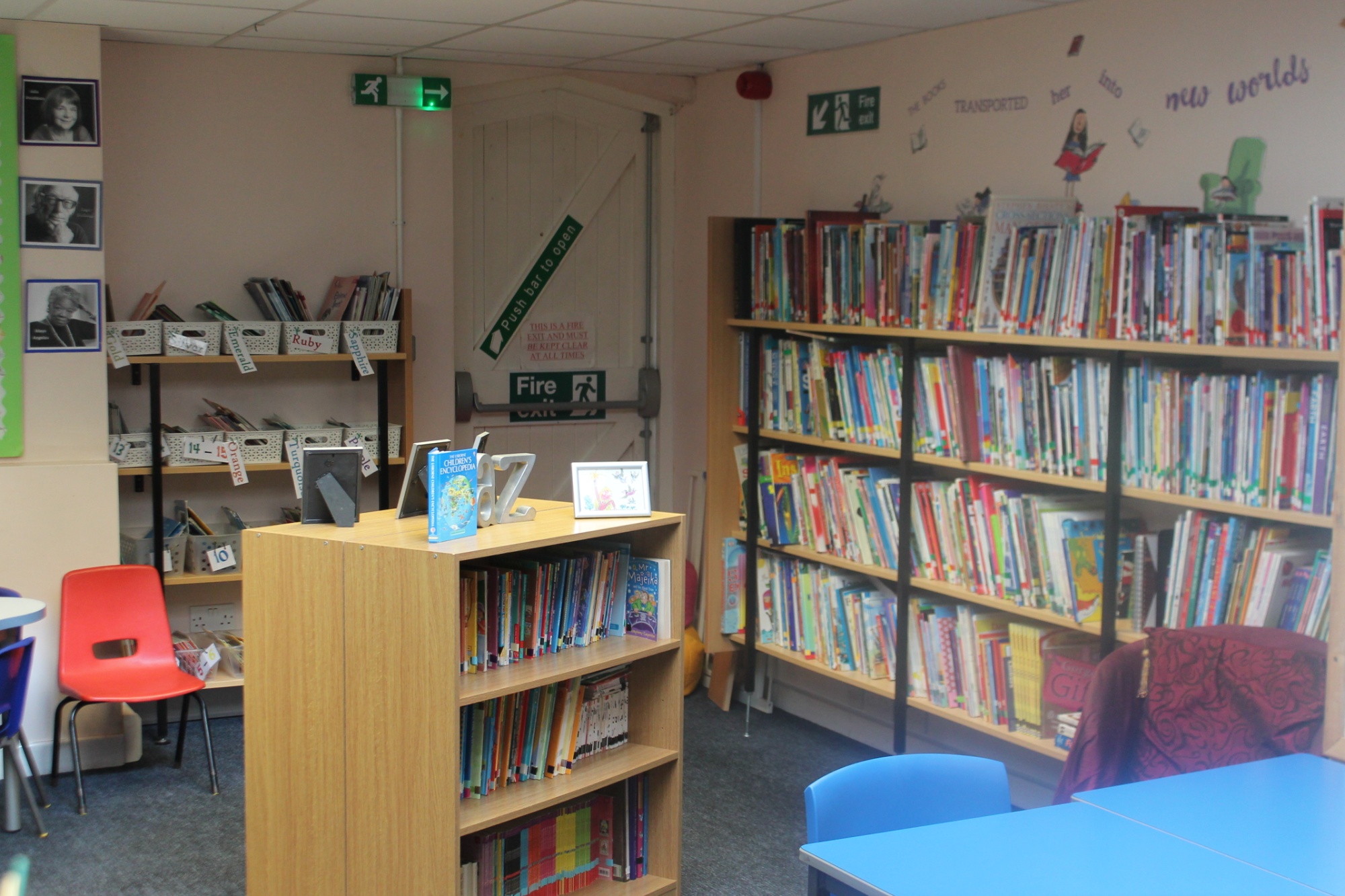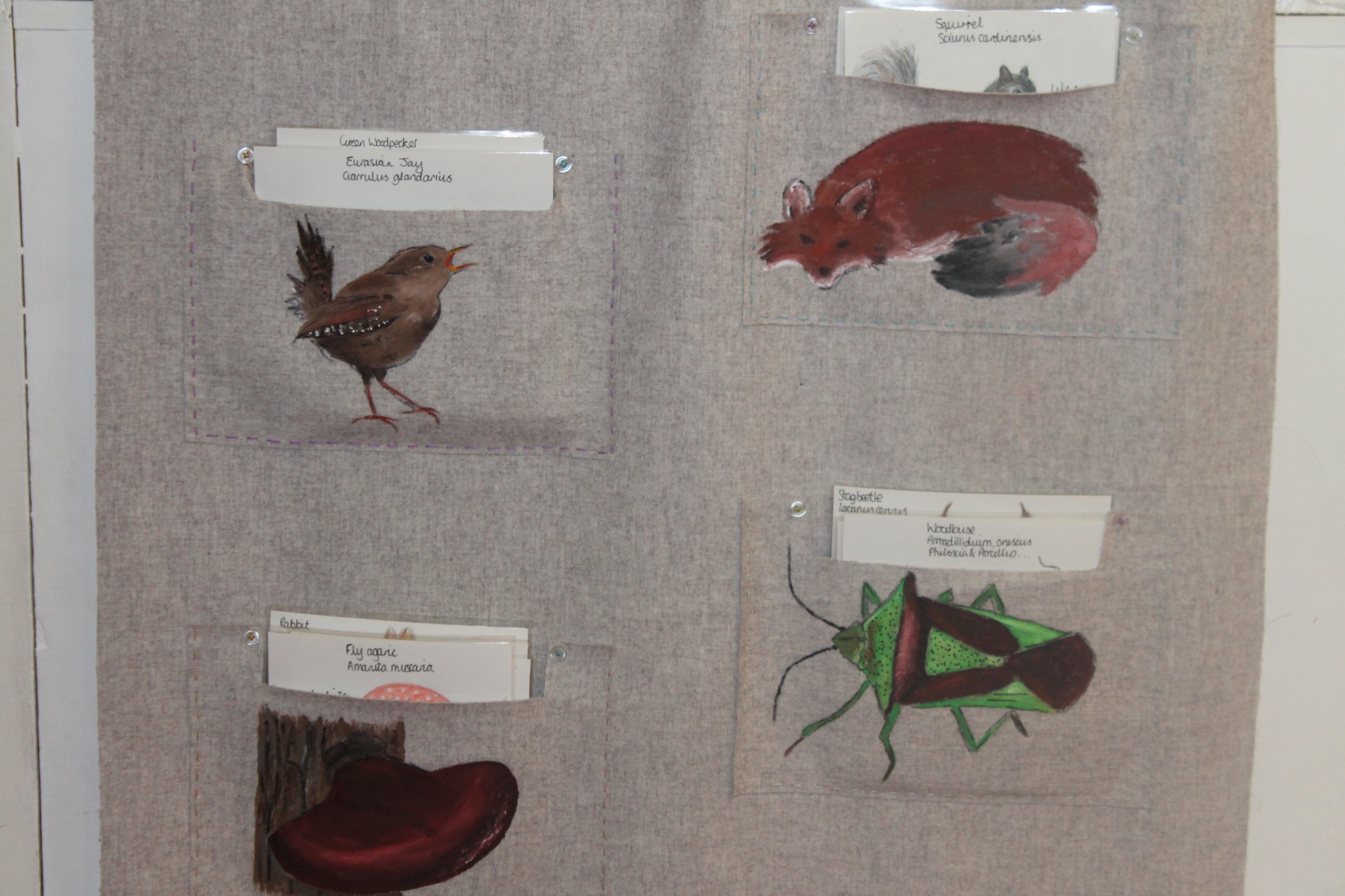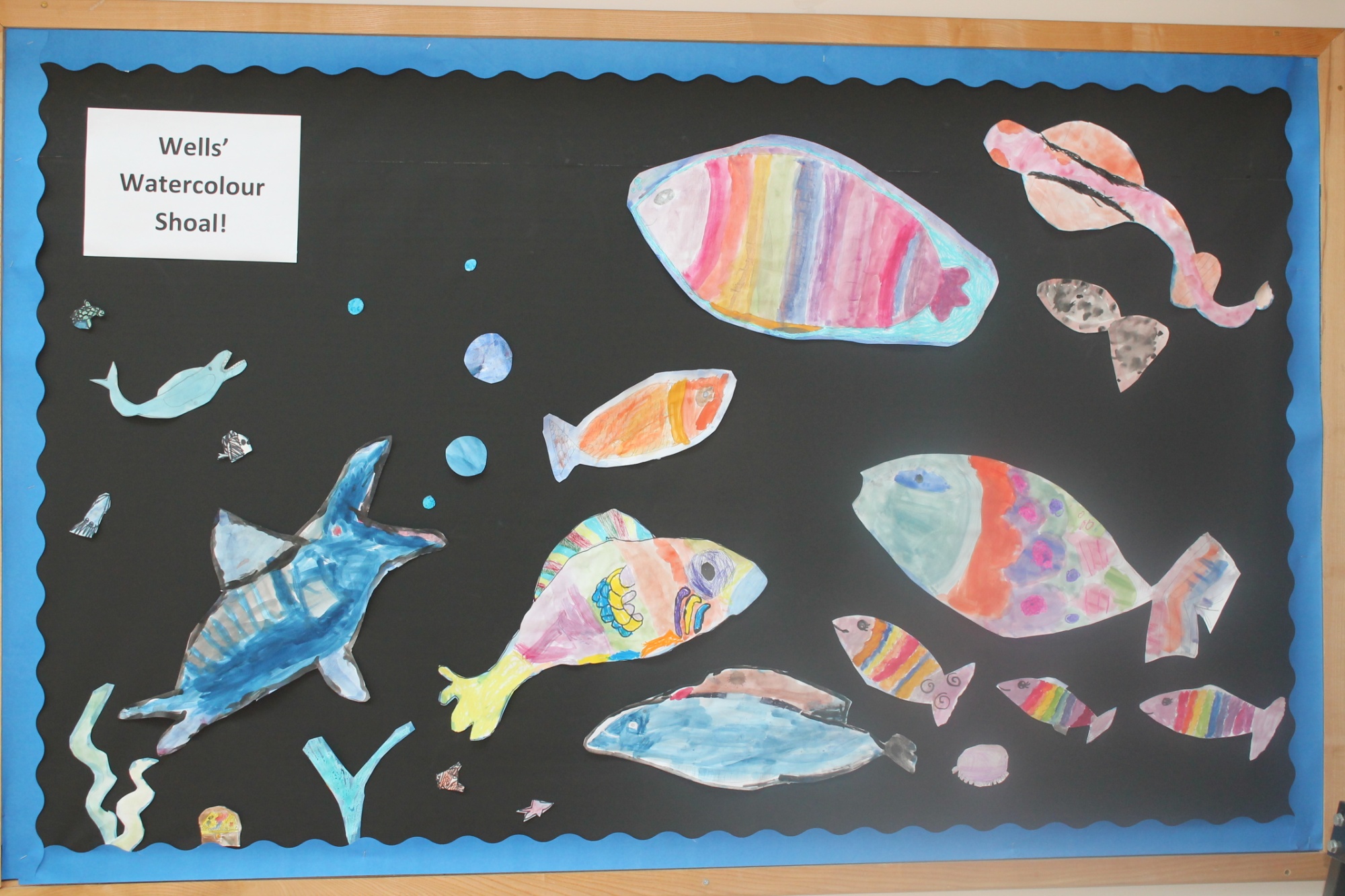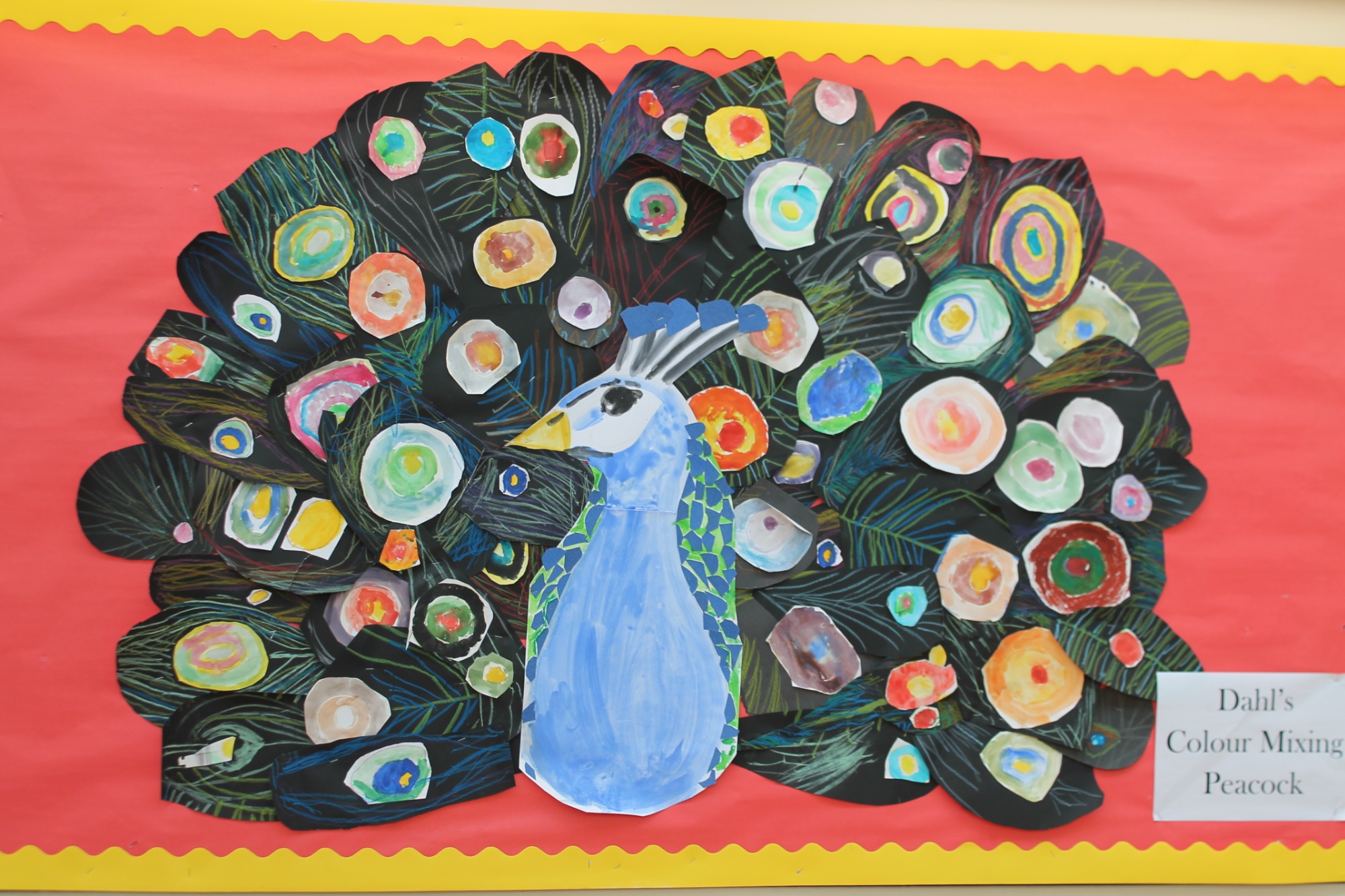Modern Foreign Languages
The National Curriculum for MFL details a clear 'Purpose of Study' and 'Subject Content' for Key Stage 2 (See details below). At Frittenden we have produced progression documents, from which teachers plan. This document not only details the journey children will go on in this subject but also the high expectations we set, and the opportunities we provide. At Frittenden we have chosen to develop the children's understanding and use of the French language and Spanish language and we use the ilanguages scheme to support us with this delivery.
MFL/French Progression Document Link (CLICK HERE)
Purpose of study
Learning a foreign language is a liberation from insularity and provides an opening to other cultures. A high-quality languages education should foster pupils’ curiosity and deepen their understanding of the world. The teaching should enable pupils to express their ideas and thoughts in another language and to understand and respond to its speakers, both in speech and in writing. It should also provide opportunities for them to communicate for practical purposes, learn new ways of thinking and read great literature in the original language. Language teaching should provide the foundation for learning further languages, equipping pupils to study and work in other countries.
Aims
The national curriculum for languages aims to ensure that all pupils:
-
understand and respond to spoken and written language from a variety of authentic sources
-
speak with increasing confidence, fluency and spontaneity, finding ways of communicating what they want to say, including through discussion and asking questions, and continually improving the accuracy of their pronunciation and intonation
-
can write at varying length, for different purposes and audiences, using the variety of grammatical structures that they have learnt
-
discover and develop an appreciation of a range of writing in the language studied.
Attainment targets
By the end of each key stage, pupils are expected to know, apply and understand the matters, skills and processes specified in the relevant programme of study.
Languages – key stage 2 Subject content
Teaching may be of any modern or ancient foreign language and should focus on enabling pupils to make substantial progress in one language. The teaching should provide an appropriate balance of spoken and written language and should lay the foundations for further foreign language teaching at key stage 3. It should enable pupils to understand and communicate ideas, facts and feelings in speech and writing, focused on familiar and routine matters, using their knowledge of phonology, grammatical structures and vocabulary.
The focus of study in modern languages will be on practical communication. If an ancient language is chosen the focus will be to provide a linguistic foundation for reading comprehension and an appreciation of classical civilisation. Pupils studying ancient languages may take part in simple oral exchanges, while discussion of what they read will be conducted in English. A linguistic foundation in ancient languages may support the study of modern languages at key stage 3.
Pupils should be taught to:
-
listen attentively to spoken language and show understanding by joining in and responding
-
explore the patterns and sounds of language through songs and rhymes and link the spelling, sound and meaning of words
-
engage in conversations; ask and answer questions; express opinions and respond to those of others; seek clarification and help*
-
speak in sentences, using familiar vocabulary, phrases and basic language structures
-
develop accurate pronunciation and intonation so that others understand when they are
reading aloud or using familiar words and phrases*
-
present ideas and information orally to a range of audiences*
-
read carefully and show understanding of words, phrases and simple writing
-
appreciate stories, songs, poems and rhymes in the language
-
broaden their vocabulary and develop their ability to understand new words that are introduced into familiar written material, including through using a dictionary
-
write phrases from memory, and adapt these to create new sentences, to express ideas clearly
-
describe people, places, things and actions orally* and in writing
-
understand basic grammar appropriate to the language being studied, including (where relevant): feminine, masculine and neuter forms and the conjugation of high-frequency verbs; key features and patterns of the language; how to apply these, for instance, to build sentences; and how these differ from or are similar to English.














